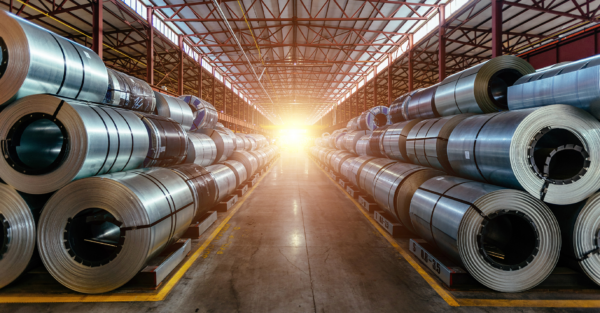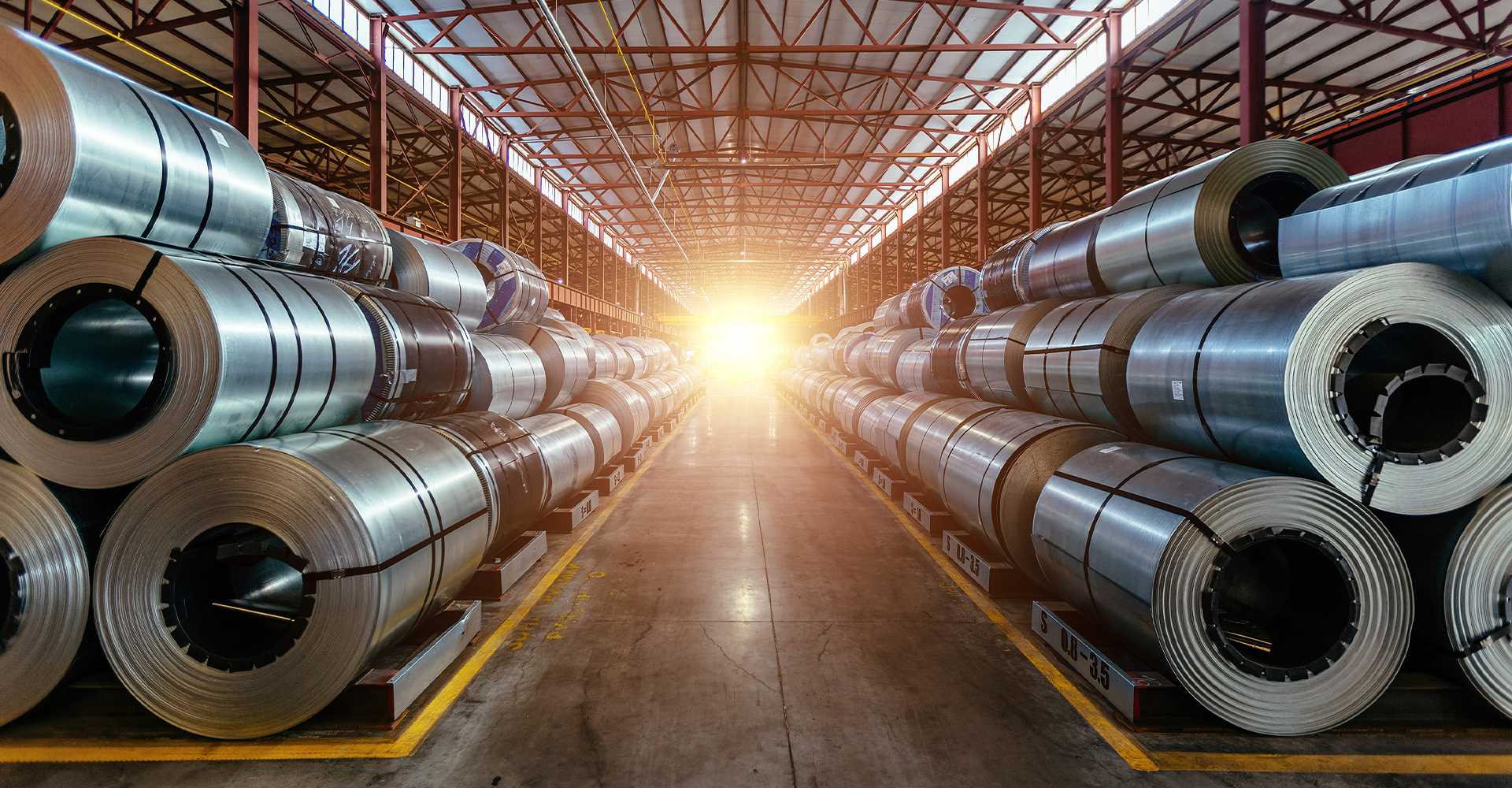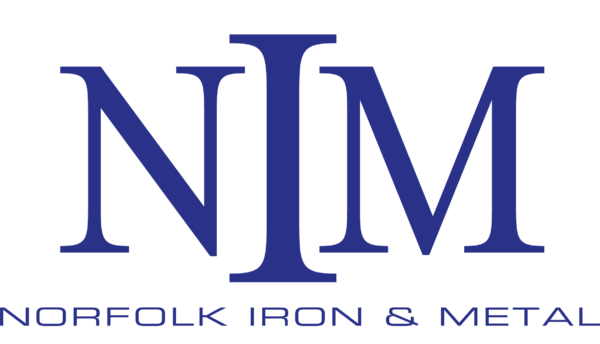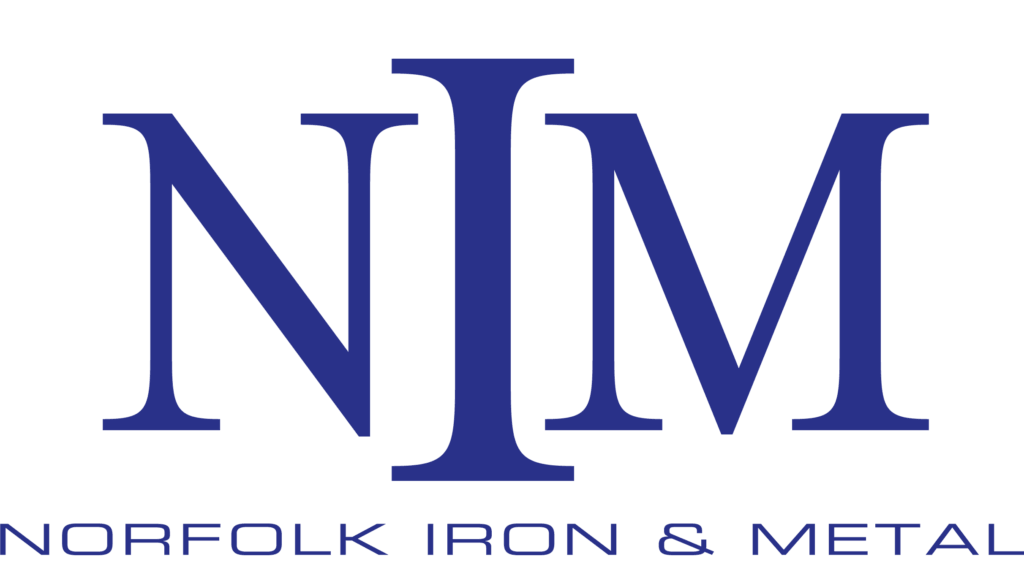The goal: automate and elevate decision-making
Operating for more than a century, Norfolk Iron & Metal has grown into one of the industry’s most technologically advanced carbon steel providers. And to keep its edge, the company’s data analytics team looks for every opportunity to improve decision-making, from the factory floor to executive offices.
Ben Dubois, Director of Data Analytics, at the company, envisioned using data to improve functions such as quoting, inventory management, and even machine settings to improve scrap rates. For the latter, operators have typically relied on operators’ knowledge and experience, resulting in inconsistency and making it challenging to ramp-up new operators.
“We knew there were areas of the company where we could use data to add value, whether it’s improving accuracy in our decision-making, or being able to automate some of our decision-making,” Dubois said.
Rapid time-to-value
Norfolk Iron & Metal brought in DataRobot to automate predictive analytics and expand the team’s capacity to support the business.
“Other AI products were trying to solve a specific problem,” Dubois said. “What I like about DataRobot is the ability to use it in any way you can think up, whether it’s a normal regression-type problem, or forecasting, or for many different use cases.”
In a proof-of-value project, with the help of DataRobot University and DataRobot’s data scientists, Dubois was able to develop an accurate model and begin realizing value quickly. Just as important, he could see how their data affected the results – helping him explain models to business stakeholders.
Reducing scrap rates
DataRobot helps automate prepping the data and creating advanced models. APIs then automate productionalizing the results on the shop floor. Then, they easily monitor models in production.
Among several applications, the company applies the platform to predict machine settings for processing steel. By introducing the correct settings into the machine from the start of the process, they generate less scrap, thus creating significant cost-savings.
With the platform’s application programming interfaces (APIs), they gather information about jobs in realtime, run them through a model, and then feed optimal settings back to the machines. Completing the feedback loop, the company tracks the actual settings used and the corresponding scrap rates to refine the model further.
“By giving operators a starting point, we shorten the trial-and-error period,” Dubois said. “We’re making more accurate predictions over time. Our model will keep getting better and better.”
AI-derived machine settings deliver two key benefits: less experienced operators ramp-up more quickly and make more informed decisions. Secondly, the company is able to generate more steel that can be sold rather than end up in a scrap yard.
As a commodity, steel can range from $500 to $1,000 per ton. By reducing our scrap rates and being more consistent job to job, we can generate significant annual savings for the business.
Ben Dubois
Director, Data Analytics at Norfolk Iron & Metal
More accurate forecasting
The company also applied DataRobot to forecast demand for inventory to ensure they stock accordingly. For that, DataRobot allows them to find relationships between the demand for their steel and the industries they serve, such as agriculture and energy. By generating more accurate forecasts, they prevent lost sales and excess inventory, both of which are costly to the business.
“We look at factors within and outside the company so we’ll have the right inventory at the right time,” Dubois said. “One of the cool things about DataRobot to just a normal time-series regression problem is being able to put a lot more features alongside your time series to make better forecasts.”
Models months sooner
The company has generated business value from DataRobot for years and only recently brought on a data scientist to help expand its efforts. By saving time across the process, Michael Green, Data Scientist at Norfolk Iron & Metal, can spend more time with stakeholders to understand business problems and features.
“With DataRobot, we don’t have to worry about the minutiae of building every detail of one model,” Green said. “Instead of taking weeks or months to go from raw data to a deployed model, now we can do that in less than an hour.”
As a data scientist, Green gains satisfaction from helping solve business challenges throughout Norfolk Iron & Metal.
I enjoy helping people enjoy their work more, whether they’re saving time, saving money, reducing tedious tasks, or making better decisions. It’s meaningful and fun. DataRobot is the best way for me to make an impact that actually matters for the people I work with.
Michael Green
Data Scientist



